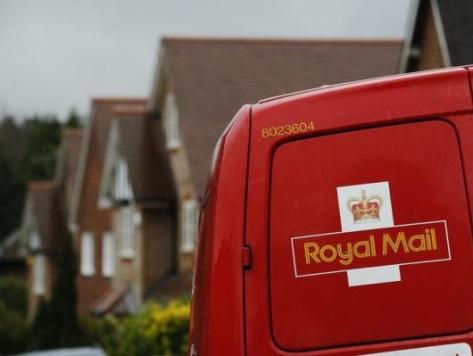The privatisation of Britain’s Royal Mail was blighted by a fear of failure and poor advice from banks, a committee of MPs has said. The UK’s formerly state-run postal service was sold for £2bn in October last year, priced at 330 pence a share.
According to Reuters, the share price soon rose dramatically, however, reaching 615p a share by mid-January and closed yesterday on 474p, still well above the original price. This means that the Royal Mail is still valued at £1.4bn more than its selling price, meaning the taxpayer lost out on a substantial sum of money from the sale.
Adrian Bailey, the Labour chairman of the cross-party committee, said: “We believe that fear of failure and poor quality advice led to a significant underestimate of the demand for Royal Mail shares.”
These concerns echo those express by the National Audit Office, who said earlier this year that the Royal Mail had been sold off too cheaply.
Ministers, however, have defended the government’s handling of the privatisation, pointing out that previous governments tried and failed to sell-off the postal service, and that they had to be cautious in the face of possible strike action.
A business department spokeswoman said: “The committee’s views on the share price are based entirely on hindsight and ignore that we were selling 600 million shares – they found no evidence that the department or its advisers missed vital information prior to sale.”
Labour, who opposed the privatisation despite attempting something similar while in power, said that the committee’s report backed up their position. It also tried to use the unpopular sell-off to fuel its argument that David Cameron is out-of-touch with ordinary people – which looks set to be one the main themes of its campaign in next year’s general election.
The sale was also opposed by Conservative think-tank The Bow Group, who warned in a report last year that the government may be selling it too cheaply.
The group’s chairman, Ben Harris-Quinney, wrote: “The economic outlook suggests that the tax payer will not be able to realise the full value from a sale at this time. Indeed it is estimated that revenue from a sale might be as low as £2bn – hardly a sum that can compensate for the national and political damage it will cause.”

COMMENTS
Please let us know if you're having issues with commenting.